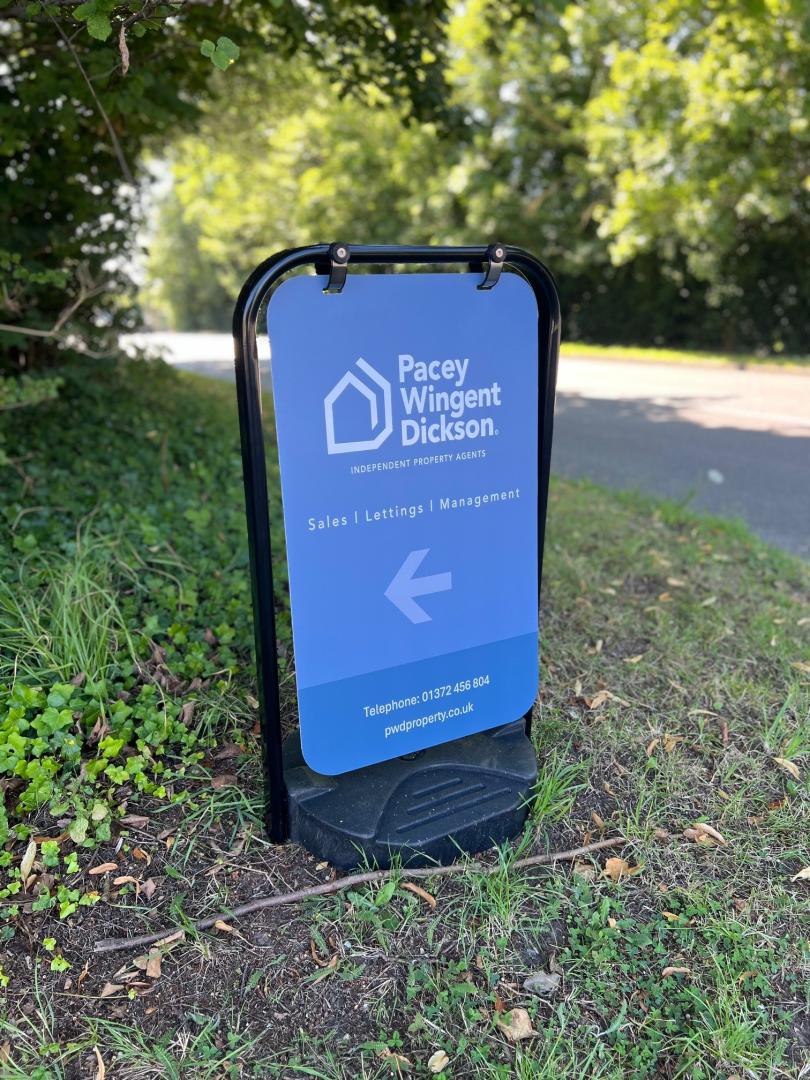For landlords, one of the most stressful challenges is when a tenant stops paying rent. The upcoming Renters’ Rights Bill introduces significant changes that every landlord needs to understand especially around evictions and how to handle rent arrears legally and effectively.
Key Changes Under the Renters’ Rights Bill
The Bill proposes major updates to tenancy law, especially in how landlords can respond to unpaid rent:
End of “No-Fault” Evictions: Section 21 evictions are being abolished. You’ll now need a legal reason such as rent arrears to evict a tenant.
Mandatory and Discretionary Grounds for Possession: To evict for non-payment, landlords must use Section 8 of the Housing Act 1988, citing specific grounds.
Focus on Mediation: The Bill prioritises conflict resolution, encouraging landlords and tenants to settle disputes before going to court.
Step-by-Step: What to Do if a Tenant Stops Paying Rent
1. Start with Communication
Reach out as soon as a payment is missed. Often, tenants face temporary financial hardship and appreciate a proactive but understanding approach.
2. Issue a Formal Arrears Notice
If payment isn’t made, provide a written notice showing the amount owed. The Bill encourages giving tenants a fair chance to catch up or seek support, such as local authority aid or advice from Citizens Advice.
3. Try Mediation
Before heading to court, consider mediation services. This can lead to a quicker, less costly resolution and maintain a better relationship with the tenant.
4. Serve a Section 8 Notice (If Necessary)
If arrears persist, you can serve a Section 8 notice using specific legal grounds:
Ground 8 (Mandatory): Tenant owes at least three months’ rent at notice and hearing date.
Ground 10 (Discretionary): Some rent is unpaid.
Ground 11 (Discretionary): Rent is frequently late, even if not currently owed.
Notice Period: You must give 4 weeks’ notice before applying to court.
5. Apply to the Court for Possession
Application Options: Submit your claim online via Possession Claim Online (PCOL) or by paper to your local County Court.
Fees: £325 online or £391 by post.
Timelines: Hearings can take 6–9 months to be scheduled due to court backlogs.
6. Prepare for the Court Hearing
Bring all necessary documentation:
Tenancy agreement
Rent arrears breakdown
Copy of the Section 8 notice and proof of service
Records of communication with the tenant
If the tenant contests the claim (e.g. due to property disrepair or procedural mistakes), expect delays.
7. Court Decision and Possession Order
If the court rules in your favour:
A Standard Possession Order gives the tenant 14–28 days to leave.
In hardship cases, this can extend to 6 weeks.
8. Enforcement if the Tenant Doesn’t Leave
Apply for a Warrant of Possession (£143) to involve court bailiffs (expect 4–8 weeks).
For faster action, you can transfer to High Court Enforcement Officers (fees £1,000+ and court permission required).
How Long Does the Process Take?
From the first missed payment to regaining possession, the full process may take 6 to 18 months or more. Most landlords receive no rent during this time, making rent guarantee insurance highly recommended.
After Possession: What Comes Next?
Inspect the Property: Check for damage and document everything.
Recover Outstanding Rent: You may pursue a County Court Judgment (CCJ), though enforcement can be difficult.
Relet the Property: Carry out repairs and improve tenant screening processes to reduce future risks.
Costs to Keep in Mind
Section 8 Notice by Solicitor: £150–£300
Court Fees: £325–£391
Bailiffs or HCEOs: £130–£1,000+
Legal Representation: £1,000–£5,000+ depending on complexity
Need Local Help?
Managing rentals is already complex new legislation only adds to the challenge. If you’re a landlord in Bookham, Guildford, Leatherhead, or surrounding areas, we’re here to help you navigate the Renters’ Rights Bill with clear, honest advice.
📞 Call us on 01372 456804
📧 Email: info@pwdproperty.co.uk



 4 minute read by
4 minute read by 


 posted by
posted by 
Share this with
Email
Facebook
Messenger
Twitter
Pinterest
LinkedIn
Copy this link